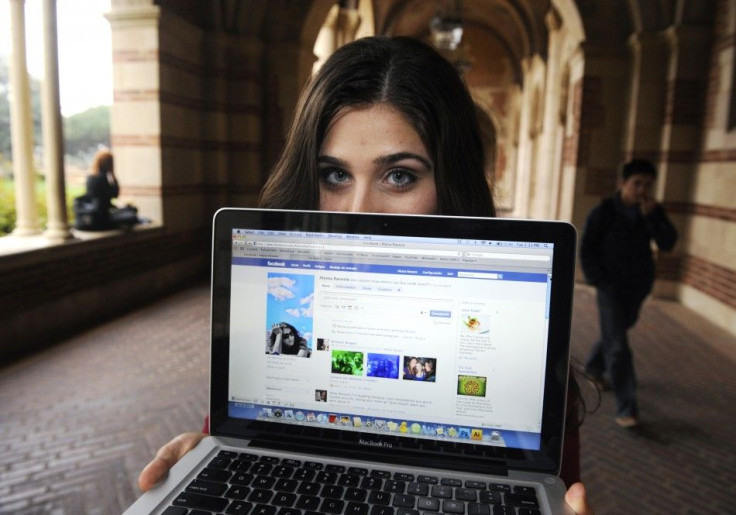Facebook: New Law Bans Teachers from ?Friending? Students

A new Missouri law, aimed at protecting children from sexual predators, prevents teachers from "friending" or sending private messages to students on Facebook.
The state's governor Jay Nixon recently signed the controversial measure into law, prohibiting teachers from directly contacting students through the popular social network.
According to Missouri Senate Bill 54, any social networking - not just Facebook - is prohibited between teachers and students. It's all part of an effort to "more clearly define teacher-student boundaries."
Teachers will, however, be allowed to create Facebook pages where all students have direct access to the teacher in a more public setting to discuss class assignments and lessons. Teachers can also post messages on students' public walls or message boards that others on the social network can see.
Missouri is the first state in the country to place such strict limits on Facebook communication. Other states and school districts have only recently formed guidelines and policies on student-teacher online interaction.
The law requires Missouri school districts to report allegations of sexual abuse to authorities within 24 hours, and holds those districts liable if they fail to disclose suspected or known abuse by past employees, according to a report on Fox News.
Several Missouri teachers are uneasy about the new regulations.
"Throwing the baby out with the bathwater when it comes to social networking is bad policy," said Todd Fuller, spokesman for the Missouri State Teachers Association, which represents 44,000 members statewide. "There's so much gray area in this bill that it's difficult for us to define them.
"What happens if I use a third-party website to communicate with students?" Fuller said, imitating an educator. "That's not public. There are lots of elements beyond Facebook that are part of social networking that I don't think this bill takes into account."
State Sen. Jane Cunningham, R-Chesterfield, sponsor of the bill, told FoxNews.com that the social networking provision bans solely "exclusive access" between a student and a teacher.
"We are in no way trying to stop communication between educators and students," Cunningham said Monday. "We are allowing school districts to form their own policy with this and to police themselves. The social media aspect comes in because we're finding that it's an early pathway to sexual misconduct."
The majority of the legislation, which was approved unanimously by the state's Senate on April 7, will take effect on Aug. 28 - just in time for the new school year.
© Copyright IBTimes 2024. All rights reserved.












